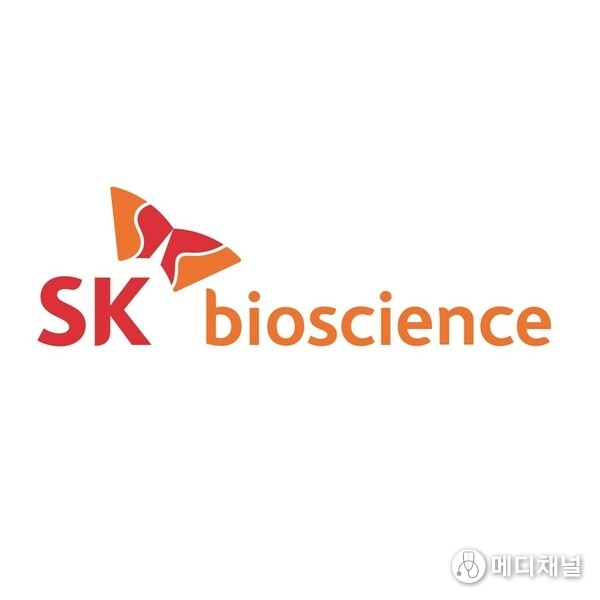
- Company aims for technology advancement and platform expansion with Korea's first influenza vaccine using an adjuvant
- Interim results from the Phase 1/2 trial expected by 2027, aimed at entering the high-immunogenicity vaccine market
- "Our SKYCellflu platform with our adjuvanted vaccine experience will lay a strong foundation for future success."
SEONGNAM, South Korea, July 17, 2025 -- SK bioscience, a global innovative vaccine and biotech company committed to promoting human health from prevention to cure, today announced that the company has submitted an Investigational New Drug (IND) application to the Ministry of Food and Drug Safety (MFDS) for a Phase 1/2 clinical trials of a new influenza vaccine candidate, 'NBP607B'. The candidate incorporates an adjuvant into its existing cell-based influenza vaccine, 'SKYCellflu' to enhance protective efficacy.
SK bioscience previously utilized adjuvants in its COVID-19 vaccine, 'SKYCovione', and now seeks to expand this technology to influenza vaccines as part of its broader platform strategy.
NBP607B contains an adjuvant developed by the Vaccine Formulation Institute (VFI), a Swiss-based non-profit vaccine research organization. Comprising multiple immune-boosting components, the adjuvant is expected to induce strong immune responses and antibody production in elderly individuals. SK bioscience has proactively conducted non-clinical studies since 2023 and reported promising results.
The Phase 1/2 clinical trial is scheduled to begin during the upcoming Northern Hemisphere flu season, enrolling approximately 320 older adults in Korea and abroad. The study will evaluate the vaccine's immunogenicity and safety compared to an approved high-immunogenicity flu vaccine, with interim results expected by 2027.
This marks the first attempt by a Korean company to submit an IND to develop a high-immunogenicity influenza vaccine using an adjuvant. If successful, the company plans to leverage the platform for other vaccines and establish a competitive edge in the global high-value vaccine market.
The development aligns with global health authorities' increasing recommendations for enhanced flu vaccines in high-risk groups.
The U.S. Centers for Disease Control and Prevention (CDC)'s Advisory Committee on Immunization Practices (ACIP) recommends high-dose or adjuvanted influenza vaccines for adults aged 65 and older. The World Health Organization (WHO) also supports the use of adjuvanted vaccines for vulnerable populations. In Korea, the Korea Disease Control and Prevention Agency (KDCA) has indicated that domestically developed high-immunogenicity vaccines may be considered for inclusion in the National Immunization Program (NIP) if they meet appropriate criteria.
According to market research firm Mordor Intelligence, the global vaccine market is projected to grow from USD 83.9 billion in 2025 to USD 114.8 billion in 2030, with an average annual growth rate of 6.5%. Demand for high-immunogenicity vaccines is expected to rise continuously due to global aging and the increasing number of immunocompromised individuals and those with chronic illnesses.
SKYCellflu, SK bioscience's existing cell-based influenza vaccine, has already been recognized for its innovation. It became the world's first cell-based flu vaccine to receive prequalification (PQ) from the WHO and is currently approved in 11 countries, with supply through international procurement programs by United Nations Children's Fund (UNICEF) and Pan American Health Organization (PAHO).
Jaeyong Ahn, CEO of SK bioscience, said, "We believe the combination of our proven SKYCellflu platform and our experience in adjuvanted vaccine development positions us well for success. We aim to establish a differentiated presence in the high-immunogenicity vaccine market while building a flexible platform for future infectious disease preparedness."

